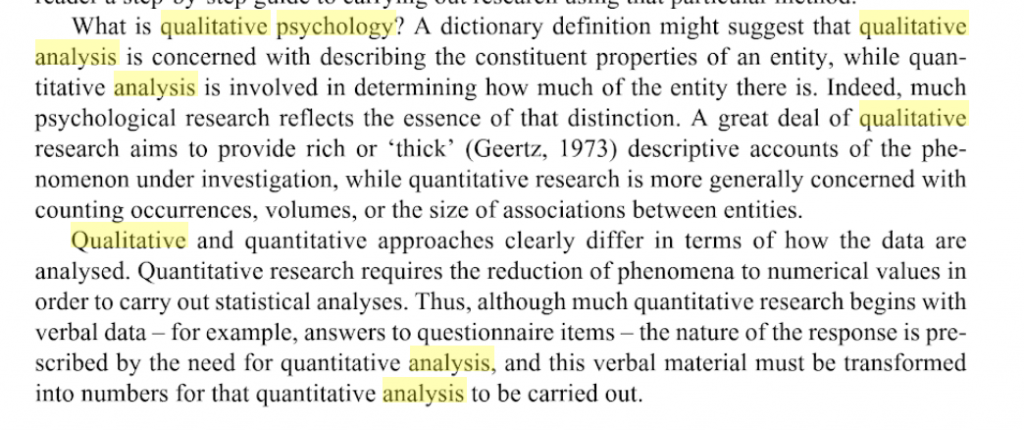This is a page where I will look to elaborate on interesting Psychology topics. I will develop this over time to make it more interesting hopefully…
Index
Links
https://www.elsevier.com/social-sciences-and-humanities/psychology/journals
https://www.bps.org.uk/publications
http://www.apa.org/pubs/journals/index.aspx
Fields of Psychology
Child Psychology
Covering development in the early years up to puberty.
Clinical Psychology
“Clinical psychology is an integration of science, theory, and clinical knowledge for the purpose of understanding, preventing, and relieving psychologically-based distress or dysfunction and to promote subjective well-being and personal development. Central to its practice are psychological assessment, clinical formulation, and psychotherapy, although clinical psychologists also engage in research, teaching, consultation, forensic testimony, and program development and administration. In many countries, clinical psychology is a regulated mental health profession”().
Forensic Psychology
…
Social Psychology
Quite a wide and interesting field of study.
Theoretical Background
Kurt Lewin & “Proximal Causes”
The Theory of Reasoned Action
Evolutionary Social Psychology
Prejudice and implicit associations
“New Racism?”
Social Perception (attitude formation and change; attribution theories and errors)
Attribution
Attribution and the Fundamental Attribution Error
Interpersonal Relationships
romantic attraction
Self-disclosure in romantic relationships
Relationship dissolution
Intergroup Processes (prejudice, discrimination and conflict)
Diagnostic Manual
The DSM
https://en.wikipedia.org/wiki/Diagnostic_and_Statistical_Manual_of_Mental_Disorders
https://www.verywellmind.com/the-diagnostic-and-statistical-manual-dsm-2795758
Research Techniques
Quantitative & Statistics
Psychology research (particularly in modern times) makes extensive use of quantitative techniques and various flavors of statistical analysis. Most typically psychologists can take data sets and based on the experimental design and the independent and dependent variables an appropriate analysis technique can be selected and a measure of the significance of a given result can typically be arrived at.
Qualitative
In contrast to quantitative techniques, qualitative techniques are used non-numerical data. To get closer to an “accurate” definition, let’s look by a definition by one of the key figures in the field, Jonathan Smith:

Source: Smith, J.A. (2015). Qualitative Psychology: A Practical Guide to Research Methods (3rd Edition). Sage Publications, London.
Interpretative Phenomenological Analysis
There are a variety of techniques used in Qualitative Psychology. One of these techniques is IPA and is briefly described as follows:
“Interpretative phenomenological analysis (IPA) is an approach to psychological qualitative research with an idiographic focus, which means that it aims to offer insights into how a given person, in a given context, makes sense of a given phenomenon. Usually, these phenomena relate to experiences of some personal significance, such as a major life event, or the development of an important relationship. It has its theoretical origins in phenomenology and hermeneutics, and key ideas from Edmund Husserl, Martin Heidegger, and Maurice Merleau-Ponty are often cited. IPA is one of several approaches to qualitative, phenomenological psychology. It is distinct from other approaches, in part, because of its combination of psychological, interpretative, and idiographic components.”
![]()